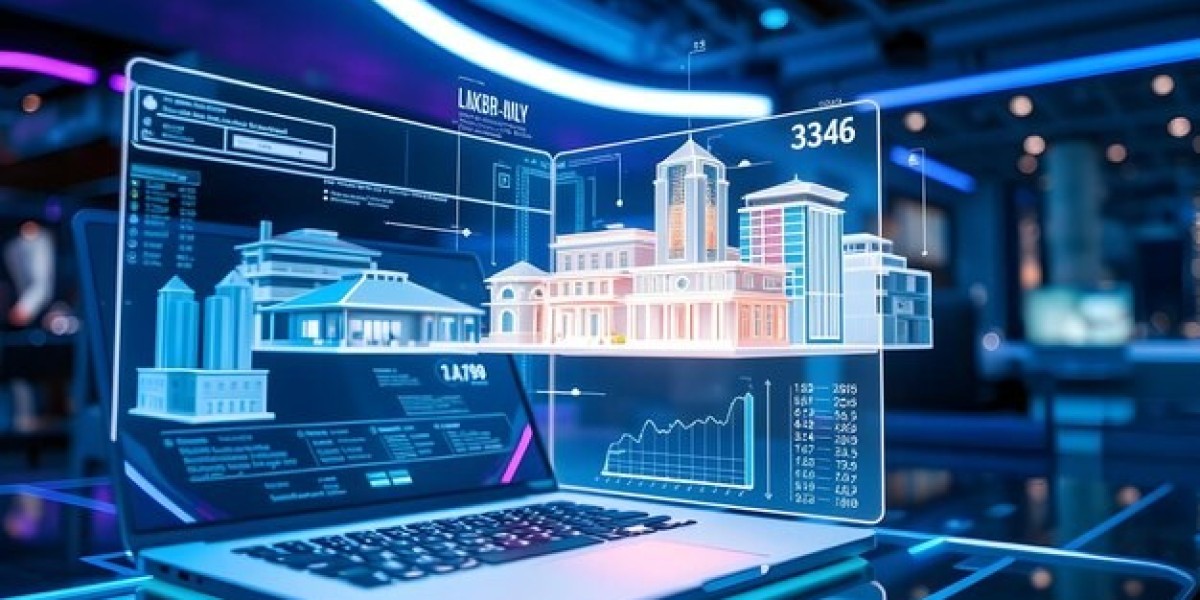Partnering with a real estate tokenization company allows property developers and investors to fractionalize ownership using blockchain tokens. These tokens represent shares in real estate assets, offering greater liquidity, global reach, and transparency. Tokenized real estate reduces the entry barrier, shortens transaction times, and provides real-time tracking of ownership and revenue distribution. Key platform features include asset verification, legal compliance, and smart contract-enabled governance. Debut Infotech delivers enterprise-grade real estate tokenization platforms that empower businesses to raise capital, simplify property transfers, and open new investment avenues through secure, digital asset solutions.






